We're witnessing something pretty remarkable here. Microsoft is fundamentally rethinking what an operating system should be. Windows is shifting from a place you launch apps to what the company calls an "agentic OS," where AI agents sit inside the system and work alongside you.
Now here's the thing: this is not just another AI feature bolted onto Windows. According to Microsoft's official blog, the company is pitching the shift as the future of computing, with Windows as the foundation where humans and AI work side by side. In practice, your PC starts to participate in your work, understanding context, anticipating needs, and taking autonomous action to move things forward. The most visible sign is that AI agents get a dedicated spot in the taskbar, complete with status indicators and a workspace of their own.
What exactly is an "agentic OS"?
Think of an agentic operating system as a break from the old model where you tell the computer what to do, and it waits. Microsoft is evolving Windows into a platform where AI agents operate independently alongside you, as detailed in their Ignite 2025 announcement. These are not just chatbots that spit out answers. They are assistants that can perform complex tasks across apps, manage files, and run workflows without constant handholding.
Picture digital employees that pick up the grunt work. The Verge reports these agents can research data in the background while you focus elsewhere, access files and folders on your PC, and automate those tedious admin chores. A capable assistant that never sleeps, can juggle multiple apps, and learns your patterns over time. That is the pitch.
A key piece is Microsoft's implementation of the Model Context Protocol (MCP). SiliconANGLE explains that MCP gives agents a standardized, secure way to connect with third-party tools. That opens the door to an ecosystem that is not limited to Microsoft software. Imagine an agent pulling context from Slack, updating your project board, and drafting an email in your preferred client, all while respecting security boundaries between vendors.
The bet is clear. The future is not just faster chips or shinier UI; it is a tighter partnership between you and AI at the operating system level. Your computer shifts from passive tool to active collaborator.
How agents integrate into your Windows experience
Here is where it gets tangible. AI agent icons live in your taskbar, and they are not static shortcuts. According to The Verge, they show colored badges, yellow exclamation points when an agent needs help, green checkmarks when tasks finish, and other indicators that track progress in real time. You glance at the taskbar and see what your assistants are doing without opening a single window.
The familiar search box gives way to the new Ask Copilot entry point. ZDNet notes you can pull up Microsoft 365 Copilot agents, troubleshooting agents, and third-party agents right from the taskbar. Ask in plain language, get contextual responses, files, apps, or suggested actions woven in.
Agents also work inside their own dedicated workspace that stays separate from your desktop. SiliconANGLE reports this Agent Workspace is isolated and policy-controlled, essentially a secure office for your AI, so their heavy lifting does not interfere with your main apps or workflows.
Once you hand off a task, the agent shifts into the taskbar and runs in the background. You keep working. They keep working. Parallel progress on the same project, without the constant back and forth.
The technical foundation: MCP and agent connectors
Under the hood, Microsoft is laying native agent infrastructure with secure connectors and dedicated workspaces, as outlined in their official documentation. These connectors act like bridges between agents and core Windows functions, allowing deep integration while enforcing strict boundaries so agents do not trample over each other.
Two connectors lead the way. SiliconANGLE details that the File Explorer Connector grants search, read, write, and edit access to local files. It is smarter than basic file operations; agents can run natural language queries, like "Show me all the presentations I worked on with Sarah last month," and perform image-based searches by description. The Windows Settings Connector lets agents tweak device configuration, for example, adjusting network settings or system preferences based on your work context or security rules.
MCP is the unlock. According to SiliconANGLE, Windows taps an established framework so agents can securely connect with applications and tools. Users register applications through agent connectors in the on-device registry, which standardizes how software exposes capabilities to agents. Developers do not need custom glue for every assistant; they build once and slot into the model.
The strategy is pragmatic. Microsoft builds on existing protocols and invites third parties in, which could speed adoption and enable cross-app workflows that no single vendor could stitch together alone.
Enhanced user experiences and practical applications
So what changes when you sit down at your PC? Copilot is wired into File Explorer. The Verge reports you can summarize documents with one click, ask questions about file contents, and draft emails from those contents. Instead of opening files one by one, you ask, get key points, and move on.
Click to Do also levels up, especially on Copilot Plus PCs. The Verge notes you can turn any table you see on the web or on your PC into an Excel document automatically. Spot a clean table in a PDF, convert, and analyze. No tedious reformatting.
Voice gets a boost, too. Microsoft's announcement highlights new Microsoft 365 Copilot voice features for capturing ideas and drafting with voice activation, plus fluid dictation that respects grammar and punctuation. Talking to your PC starts to feel normal, not a party trick.
And search becomes more conversational for users on trusted Microsoft 365 domains. ZDNet mentions you can describe what you need and let the system find it across local and cloud files, like "Find that budget presentation I was working on with Sarah last week that had the quarterly projections." Less spelunking through folders, more getting to the point.
Security, privacy, and user control considerations
If agents get system-level access, security is the ballgame. Windows Latest reports that Agent Workspace brings its own authorization system, similar to a separate user account, with runtime isolation so agents cannot meddle with your data without permission. Each agent gets specific access rules. One agent's permissions do not spill into another's.
Microsoft is also gating this behind an opt-in. Windows Central notes you must enable experimental agentic features in Settings, and the toggle is off by default. That choice gives curious users a path to try things while keeping everyone else out until they are ready.
There are tradeoffs to weigh. Windows Latest warns that turning on Agent Workspace grants access to common folders like Desktop, Music, Pictures, and Videos, plus installed apps. Microsoft says access is controlled and monitored through its security framework, but broad access will remain a hot topic. Do the productivity gains justify it, and can users effectively audit what agents do over time?
Microsoft has also flagged potential risks around resource use, though Windows Latest notes early benchmarks suggest limited RAM and CPU impact. The transparency helps. It reads as a measured rollout rather than a rush to ship.
What this means for the future of computing
The vision stretches beyond your local machine. Microsoft is launching Windows 365 for Agents, according to their official blog, extending the agentic foundation to Cloud PCs. That lets computer-using agents run on secure, scalable virtual machines and tackle enterprise-grade tasks around the clock. You wake up to finished work, decisions queued for you.
The model blends local and cloud. The Verge reports Copilot Plus PCs handle quick, local tasks for snappy responses, while heavy jobs lean on cloud services. Fast where it matters, powerful where it counts.
Big picture, Windows edges from reactive computing to proactive computing. Not just a platform that launches apps, but a participant that understands context, anticipates needs, and takes action.
Will people embrace it? Some want their OS to stay quiet and invisible. Microsoft is betting that the sweet spot is powerful agents with strong user control, privacy protections, and rock-solid reliability. If they nail that balance, the line between tool and collaborator blurs in a good way, changing how we think about productivity and the daily rhythm of work.




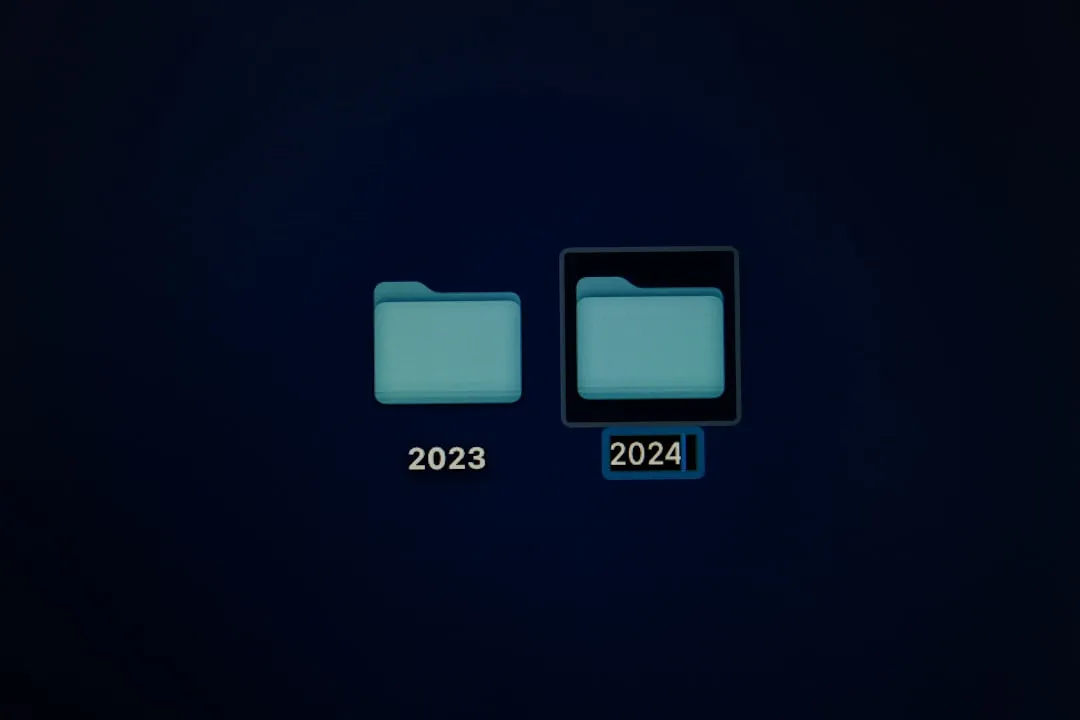


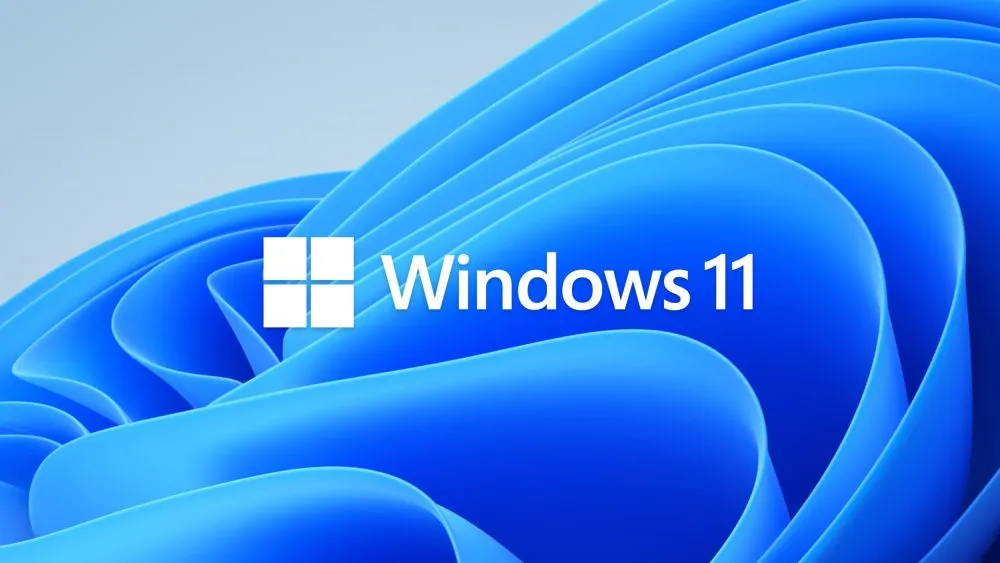

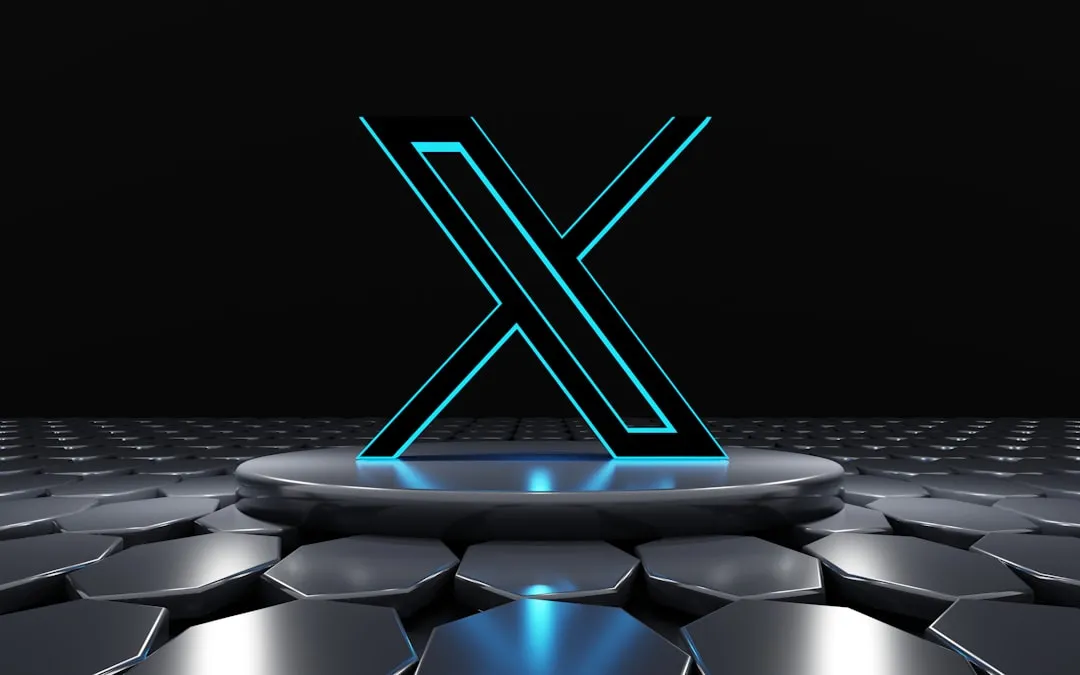


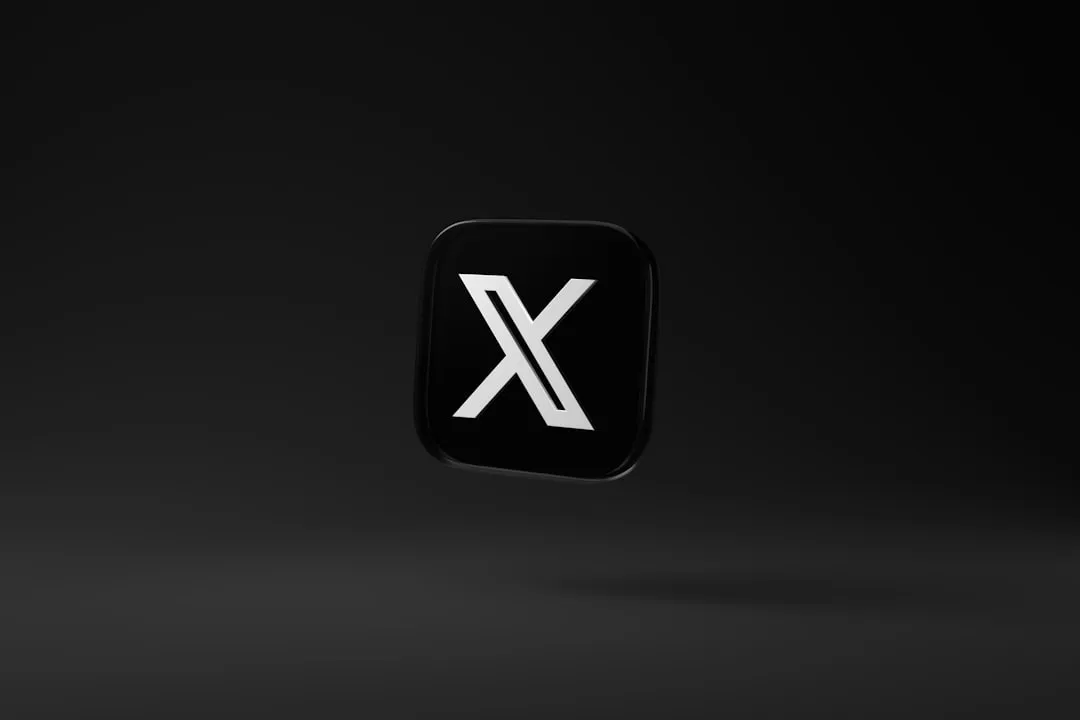

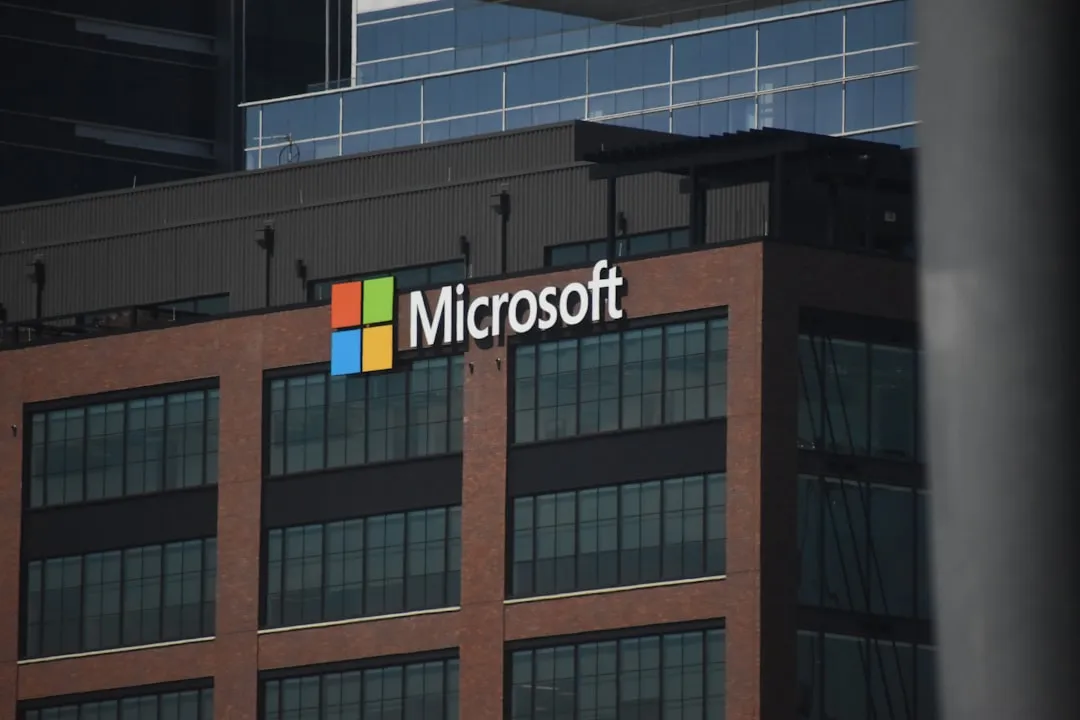




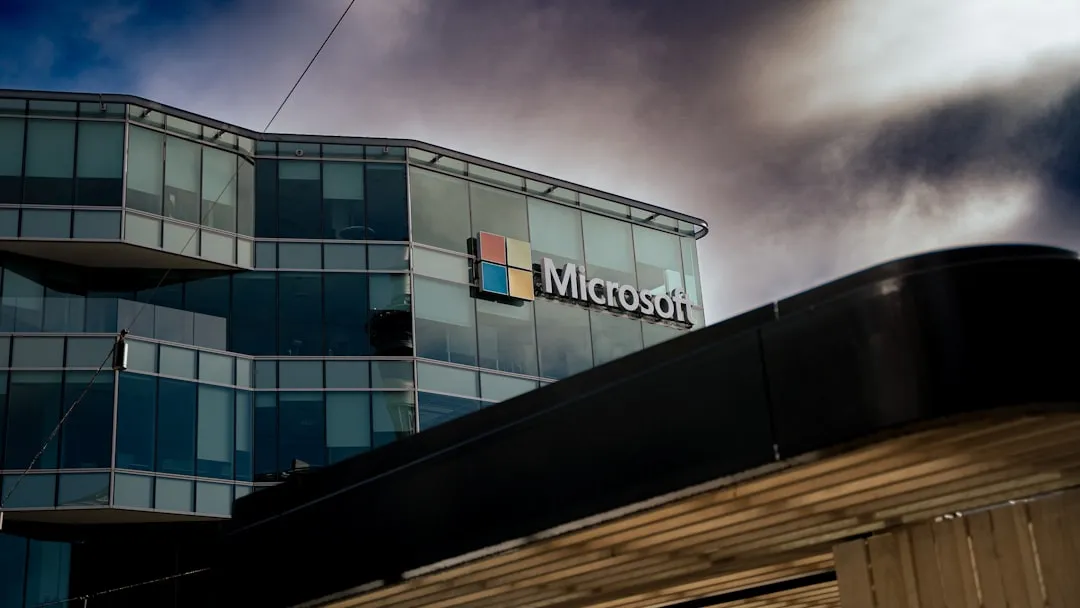


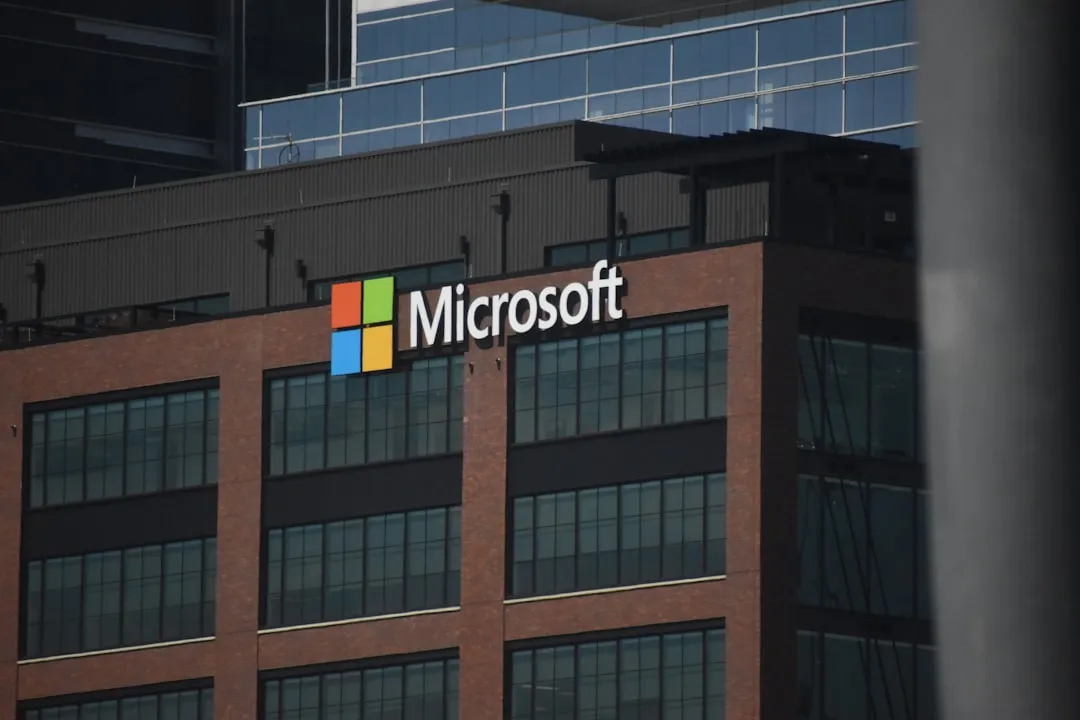
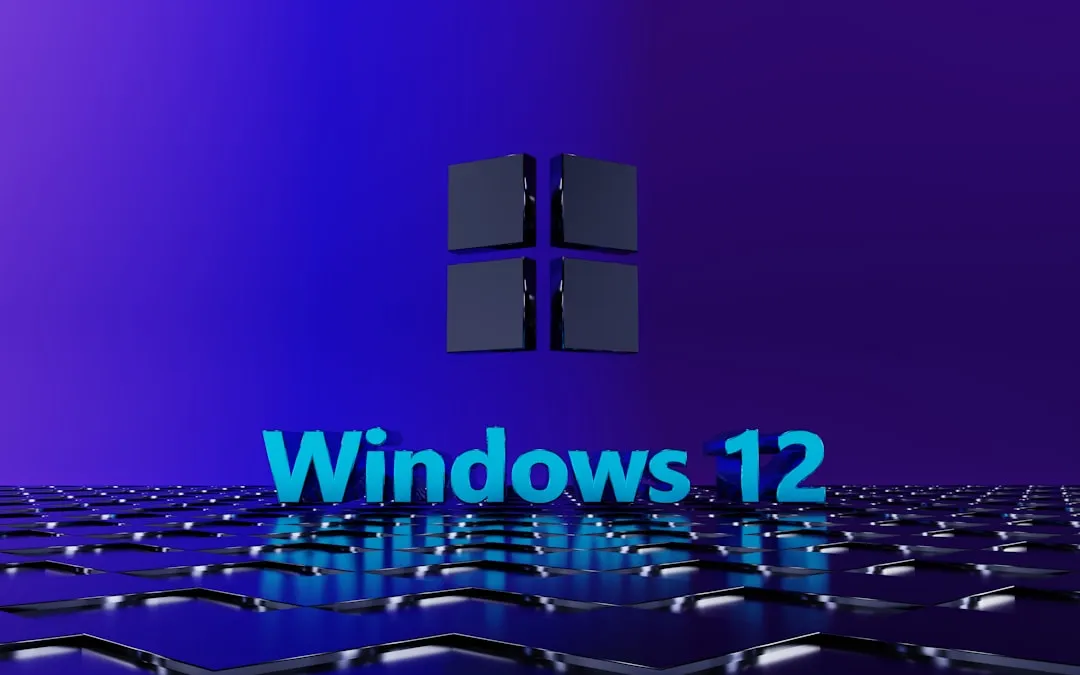
Comments
Be the first, drop a comment!